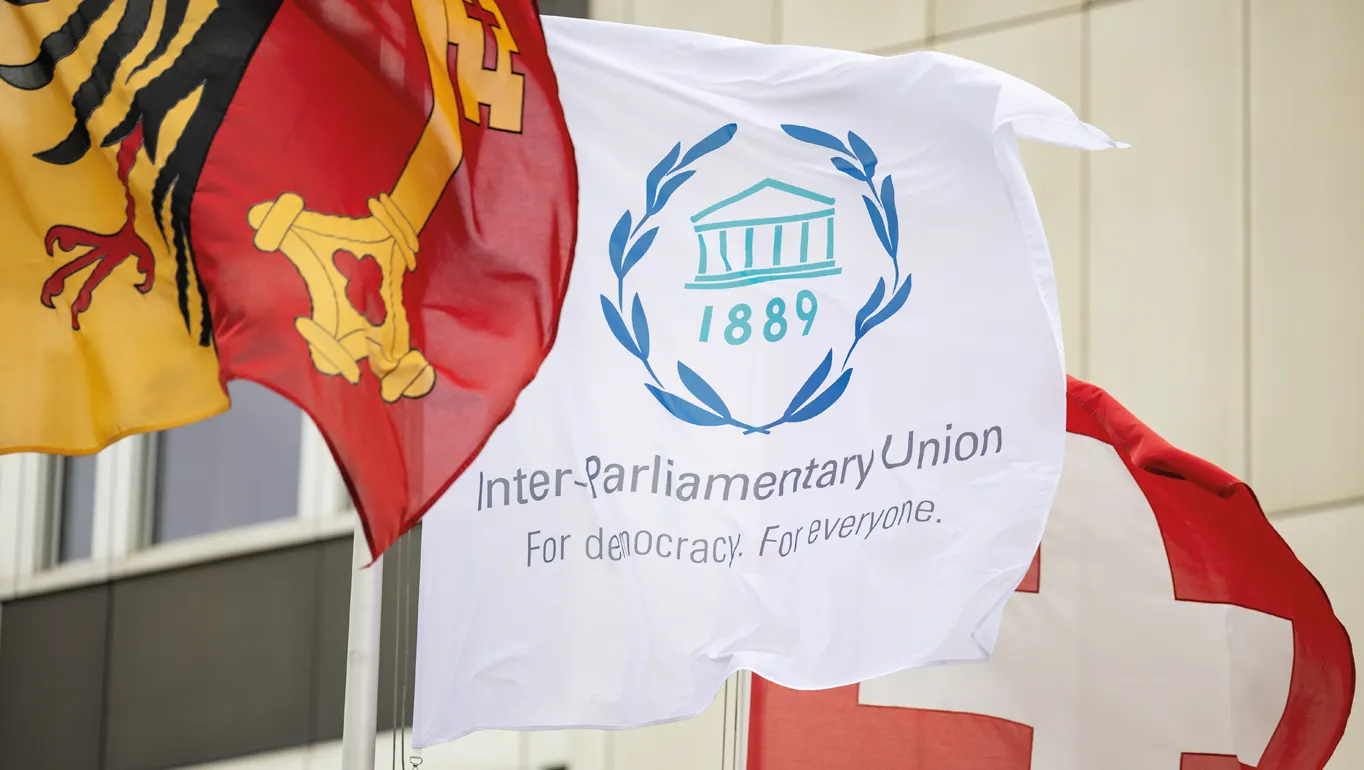The Inter-Parliamentary Union (IPU) was founded in 1889 by British MP William Randal Cremer and French peace advocate Frédéric Passy, both recipients of the Nobel Peace Prize. Their motivation was clear but ambitious: to promote peace through international arbitration and dialogue among parliamentarians, not armies. At the time, Europe was hurtling toward militarization and conflict, yet Cremer and Passy envisioned a transnational forum where elected representatives could meet, debate, and defuse tensions.
The IPU’s early years were in many ways idealistic and pioneering. Though it is composed of individual members rather than state representatives, its annual conferences encourage dialogue across borders and political systems. These meetings fostered the norms of peaceful resolution and contributed directly to the founding of the Permanent Court of Arbitration in The Hague—an early step toward institutionalizing international law.
Endurance through turbulence
The IPU’s trajectory has been anything but smooth. It weathered the collapse of empires, two world wars, and ideological rifts that reshaped the globe. During World War I, it was forced into hibernation. But after 1919, it re-emerged with a new structure—transforming from a network of individuals into a union of national parliaments. This shift reinforced the IPU’s legitimacy and laid the groundwork for long-term institutional continuity.
Throughout the Cold War, when ideological blocs divided the world, the IPU served as a rare neutral space. Parliamentarians from the east and west met under its umbrella to discuss common challenges, even when diplomatic ties between their countries were frozen.
In that sense, the IPU has long fulfilled one of its most valuable roles: offering a space for sustained dialogue where formal diplomacy might fail.
A global voice
Today, the IPU comprises 181 national parliaments and 15 regional parliamentary assemblies, encompassing virtually every sovereign nation. Headquartered in Geneva, it serves as a platform where parliaments can share best practices, coordinate on global challenges, and hold one another accountable to democratic values. A subtle influence, but its reach is vast.
The IPU also plays a key role in bridging national legislatures with global governance mechanisms. As a permanent observer to the United Nations General Assembly, it ensures that legislative bodies—often responsible for enacting and funding global commitments—have a voice in shaping international policy agendas. Through high-level events like the World Conference of Speakers of Parliament and the annual Parliamentary Hearing at the UN, it brings lawmakers into conversations traditionally dominated by executive actors.
A champion of inclusion
Among the IPU’s most tangible contributions is its sustained leadership on gender equality in political life. Its authoritative database on women in national parliaments is widely cited, and its country rankings are used to benchmark global progress. Beyond data, the IPU provides hands-on support to help parliaments adopt gender-sensitive practices, establish quotas, and promote inclusive legislative leadership.
The IPU also advocates for youth participation in politics, recognizing the need to build more representative and resilient democracies. Through campaigns, forums, and technical guidance, it supports national efforts to lower age barriers to political engagement and build young people’s trust in political institutions.
Relevance in a fragmented world
At the opening of the 148th IPU Assembly last year, IPU Secretary General Martin Chungong emphasized that parliamentary diplomacy is more critical than ever: “Political divides are deepening. Recent coups in Myanmar and Afghanistan have all resulted in the erosion of democracy in these parts of the world. Likewise, the advent of technology and artificial intelligence brings unprecedented challenges to international security. Such a scenario demands action and a recommitment to the power of dialogue and parliamentary diplomacy.”
The IPU’s work today spans peace and security, human rights, sustainable development, and good governance, to help fragile democracies function more effectively and offer mediation support in politically sensitive environments. Critically, its convening power also allows for meaningful engagement between parliaments that may otherwise have limited or no formal diplomatic ties.
Legacy and quiet impact
The IPU’s cumulative impact on global norms is hard to ignore. By creating space for legislative voices in international affairs, it strengthens both national institutions and the multilateral system. Its quiet diplomacy, grounded in shared parliamentary values, has proven remarkably durable.
In an era where trust in institutions is under strain, the IPU stands out as a steady, if understated, example of how long-term dialogue and principled engagement can shape a more cooperative world.
A model for democratic diplomacy
As it marks more than 130 years of continuous operation, the IPU remains a compelling example of democratic diplomacy in action. Founded in a spirit of mutual respect, it has evolved into a vital global institution—helping parliaments meet the moment while upholding enduring values. Its legacy lies in the relationships built and the quiet progress made toward a more inclusive and peaceful global order.



